Women in science | Exploring the ‘Matilda Effect’
25 Feb 2019
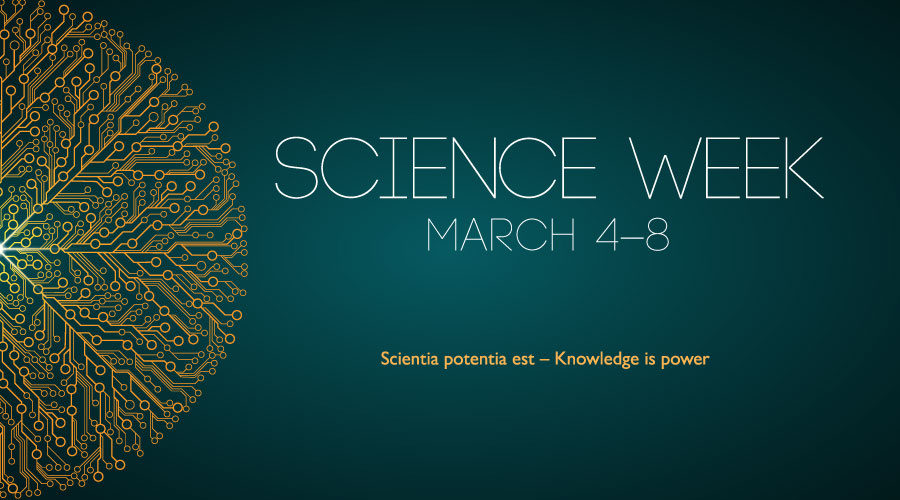
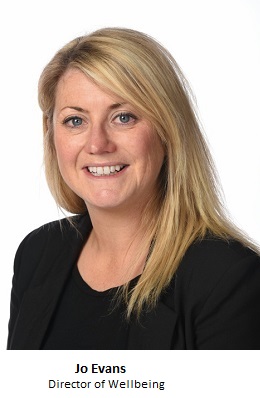 The recent arrival of my niece Matilda caused me to spend a not inconsiderable amount of time trawling though the internet in search of the perfect gift with which to welcome her into the world. Having sourced said gift (a sensory play mat, in case you were wondering), I succumbed to diversion and decided to look up historical events on her day of birth, the meaning of her name (she’s going to be ‘mighty in battle’, apparently) and famous Matildas (lots to choose from, but Roald Dahl’s character was the only one I could think of without the help of a search engine).
It was during this that I came across the ‘Matilda Effect’. The term was coined in 1933 by historian Margaret Rossiter, describing a bias against acknowledging the achievements of female scientists whose work is attributed to their male colleagues.
The recent arrival of my niece Matilda caused me to spend a not inconsiderable amount of time trawling though the internet in search of the perfect gift with which to welcome her into the world. Having sourced said gift (a sensory play mat, in case you were wondering), I succumbed to diversion and decided to look up historical events on her day of birth, the meaning of her name (she’s going to be ‘mighty in battle’, apparently) and famous Matildas (lots to choose from, but Roald Dahl’s character was the only one I could think of without the help of a search engine).
It was during this that I came across the ‘Matilda Effect’. The term was coined in 1933 by historian Margaret Rossiter, describing a bias against acknowledging the achievements of female scientists whose work is attributed to their male colleagues.
 The many documented examples of the Matilda Effect make for interesting and often anger-inducing reading. For example, in 1903, Marie Curie was only named in the awarding of the Nobel Prize for Physics on the insistence of her colleague and husband Pierre, and while there is now public acknowledgement of the contribution made by Rosalind Franklin in the discovery of DNA in 1953, it was her male colleagues, Francis Crick and James Watson, who were awarded the Nobel Prize for the work in 1962. These are just a few of the innumerable instances where women who have made significant contributions to science remain overlooked.
The many documented examples of the Matilda Effect make for interesting and often anger-inducing reading. For example, in 1903, Marie Curie was only named in the awarding of the Nobel Prize for Physics on the insistence of her colleague and husband Pierre, and while there is now public acknowledgement of the contribution made by Rosalind Franklin in the discovery of DNA in 1953, it was her male colleagues, Francis Crick and James Watson, who were awarded the Nobel Prize for the work in 1962. These are just a few of the innumerable instances where women who have made significant contributions to science remain overlooked.
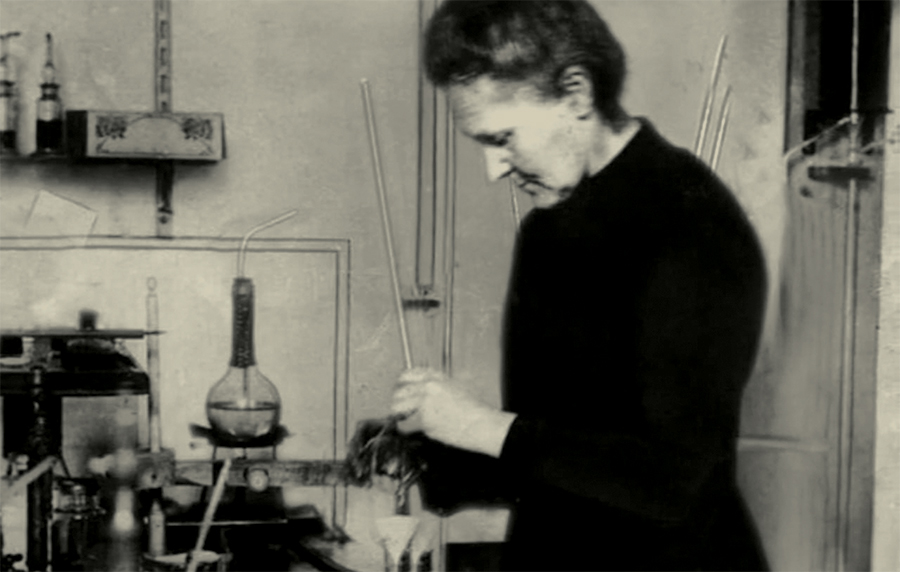 The world has come a long way since the days when society deemed women unfit to enter certain professions or education establishments. Despite being the first woman to be awarded a Noble Prize, the French Academy of Science still refused to admit Curie, a situation that fortunately seems laughable now. Even so, one study carried out in the UK last year suggested that women represent only 14.4% of all people working within STEM-based (science, technology, engineering and maths) occupations.
The world has come a long way since the days when society deemed women unfit to enter certain professions or education establishments. Despite being the first woman to be awarded a Noble Prize, the French Academy of Science still refused to admit Curie, a situation that fortunately seems laughable now. Even so, one study carried out in the UK last year suggested that women represent only 14.4% of all people working within STEM-based (science, technology, engineering and maths) occupations.
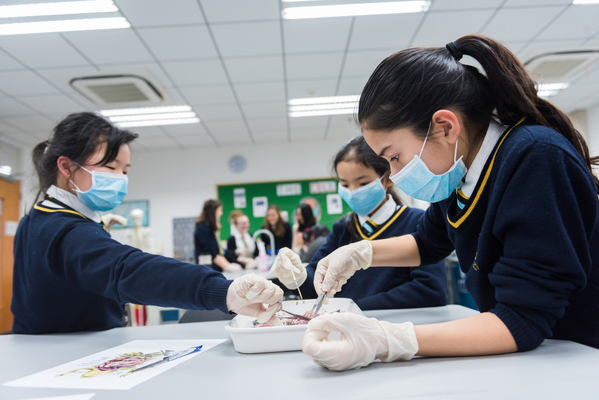 So what does motivates girls and boys to study science? A 2005 survey of upper prep school-age children suggested that boys were interested in topics such as atom bombs, black holes and deep space, and explosive chemicals, whereas girls were more interested in preventing infectious diseases, the meaning and mechanics of dreams, and the nature and potential curing of cancer. So it seems that there is a marked gender divide on the spectrum of scientific disciplines, with boys favouring topics erring towards the physics and engineering elements of scientific study, and girls favouring biology and psychology, disciplines that offer questions geared towards a clear functional and human purpose.
So what does motivates girls and boys to study science? A 2005 survey of upper prep school-age children suggested that boys were interested in topics such as atom bombs, black holes and deep space, and explosive chemicals, whereas girls were more interested in preventing infectious diseases, the meaning and mechanics of dreams, and the nature and potential curing of cancer. So it seems that there is a marked gender divide on the spectrum of scientific disciplines, with boys favouring topics erring towards the physics and engineering elements of scientific study, and girls favouring biology and psychology, disciplines that offer questions geared towards a clear functional and human purpose.
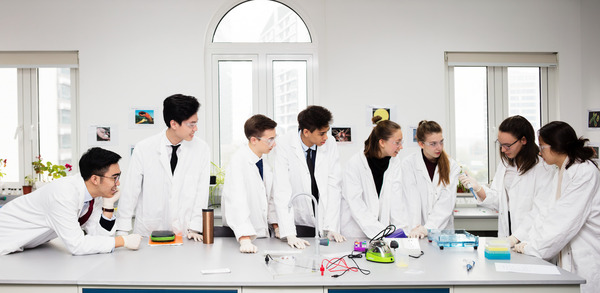 This trend is reflected in our current IB cohort at Wellington (all diploma pupils are required to take at least one science subject), where we find two girls taking physics, compared to six boys, but 15 girls studying biology alongside only three boys. The gender divide evens out slightly in chemistry; eight girls and six boys. It is worth noting that chemistry is a requirement for medicine courses at university, the only science field where there is a consistently even gender split in applicants for places.
This trend is reflected in our current IB cohort at Wellington (all diploma pupils are required to take at least one science subject), where we find two girls taking physics, compared to six boys, but 15 girls studying biology alongside only three boys. The gender divide evens out slightly in chemistry; eight girls and six boys. It is worth noting that chemistry is a requirement for medicine courses at university, the only science field where there is a consistently even gender split in applicants for places.
 It’s certainly arguable that the gender debate has developed in such a way as to perpetuate stereotypes about science and scientists. Assertions that science is not creative or intuitive are common and scientists in popular culture are more often represented as male. Gender stereotypes surrounding perception of intellectual ability and the perceived gender and social status of specific fields and disciplines – science and mathematics are tough and masculine and high status, while drama and art are soft and feminine and lower status – are formed in early childhood. There are many studies that provide evidence that children’s experiences prior to the age of 14 are the major determinant of any decision to study a particular subject, regardless of nationality or other social factors. The decision to not study science is often subconsciously taken before a child has had the opportunity to encounter what science actually is.
It’s certainly arguable that the gender debate has developed in such a way as to perpetuate stereotypes about science and scientists. Assertions that science is not creative or intuitive are common and scientists in popular culture are more often represented as male. Gender stereotypes surrounding perception of intellectual ability and the perceived gender and social status of specific fields and disciplines – science and mathematics are tough and masculine and high status, while drama and art are soft and feminine and lower status – are formed in early childhood. There are many studies that provide evidence that children’s experiences prior to the age of 14 are the major determinant of any decision to study a particular subject, regardless of nationality or other social factors. The decision to not study science is often subconsciously taken before a child has had the opportunity to encounter what science actually is.
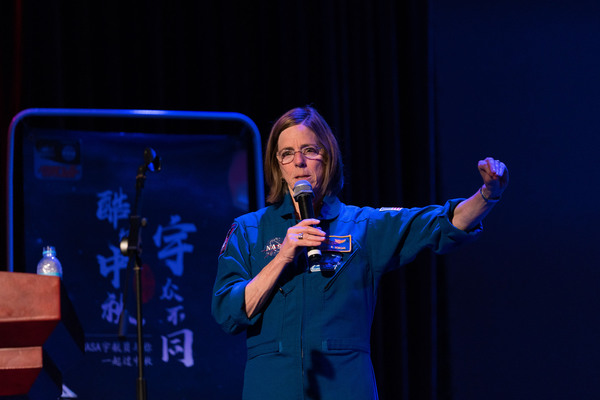 As the closing of this year’s upcoming Science Week coincides with International Women’s Day, it’s important that we take the time to consider the message we send to young people about the pathways that are open to them. For many of our younger pupils, stereotypes surrounding gender and fields of study have yet to be formed and for our older pupils, there is nothing to suggest that such stereotypes have yet imbedded. This is why it is so important that we recognise and explicitly reinforce the message that both genders are equally adept and capable of engaging with all scientific disciplines. Our recent visit by NASA astronaut Barbara Morgan, the year 3 science project and fair, and Science Week are just a few examples of how the Wellington curriculum aims to expose pupils to the true nature of science and the possibilities it offers to anyone interested in its exploration.
As the closing of this year’s upcoming Science Week coincides with International Women’s Day, it’s important that we take the time to consider the message we send to young people about the pathways that are open to them. For many of our younger pupils, stereotypes surrounding gender and fields of study have yet to be formed and for our older pupils, there is nothing to suggest that such stereotypes have yet imbedded. This is why it is so important that we recognise and explicitly reinforce the message that both genders are equally adept and capable of engaging with all scientific disciplines. Our recent visit by NASA astronaut Barbara Morgan, the year 3 science project and fair, and Science Week are just a few examples of how the Wellington curriculum aims to expose pupils to the true nature of science and the possibilities it offers to anyone interested in its exploration.
 My niece Matilda, will enter university in 2038. There is no way of knowing what she will study. Indeed, given the rate of advancement in STEM fields, there is every chance that her chosen course of study will be on a subject matter so futuristic that universities have yet to develop it. Regardless, I hope that by the time she gets there, the Matilda Effect will be nothing more than a footnote; a cautionary tale from a less enlightened and inclusive time.
My niece Matilda, will enter university in 2038. There is no way of knowing what she will study. Indeed, given the rate of advancement in STEM fields, there is every chance that her chosen course of study will be on a subject matter so futuristic that universities have yet to develop it. Regardless, I hope that by the time she gets there, the Matilda Effect will be nothing more than a footnote; a cautionary tale from a less enlightened and inclusive time.
Science Week 2019 starts next week!
Scientia potentia est – Knowledge is power
[wellington_wistia]6szpuifupd[/wellington_wistia]
Related Articles

Wellington Shanghai's Two Perfect 45 IB Graduates Share Wisdom15 Jul 2025
Our class of 2025 graduates Selina Yeung and Felicity Zhang have entered an exclusive club - the 45 club - open only to those who achieve a perfect 45 on the IBDP. To put that accomplishment in persp
Read More

The Design Den: Where Big Ideas Begin With Small Experiments04 Feb 2026
Navigating the Future At the Wellington Shanghai Early Years Centre, our Curriculum Charter guides everything we do. It sets out the why, the how and the impact of learning, ensuring every child is su
Read More

Happy Year of the Horse! Warm Wishes from Wellington to Our Worldwide Community!24 Feb 2026
null
Read More










